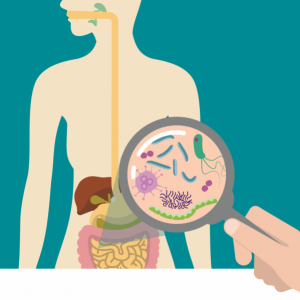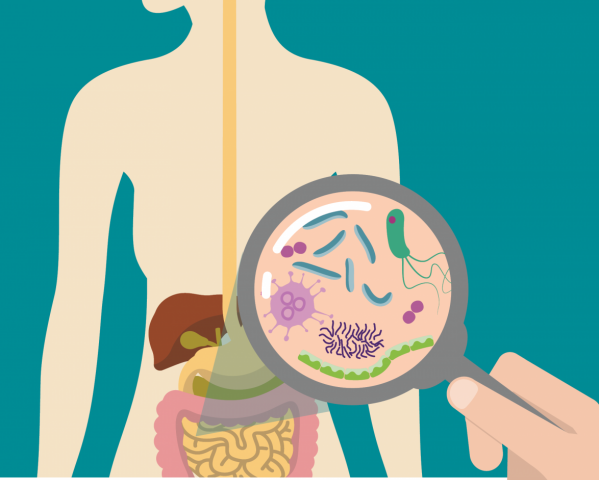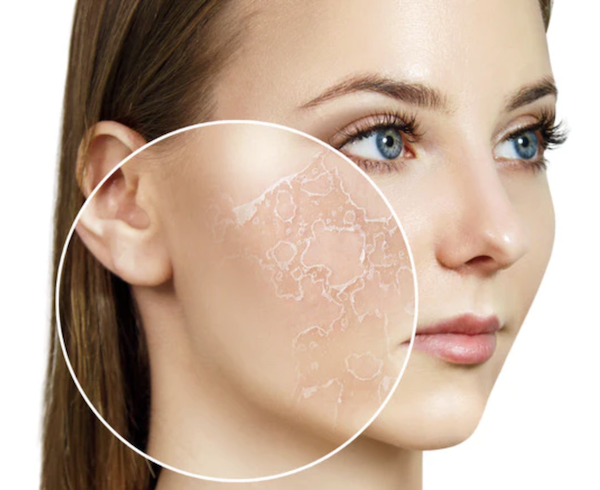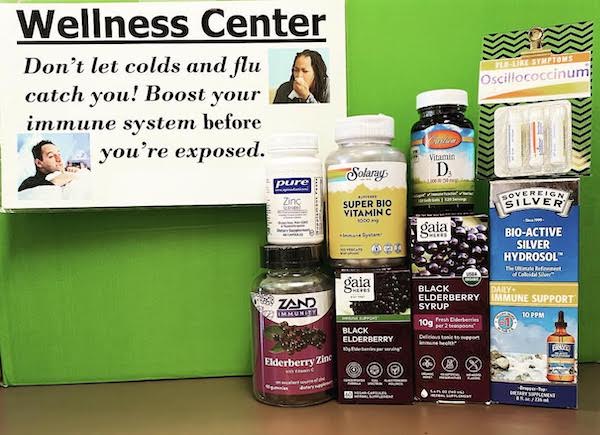Unexpected Symptoms & How to Fix It
Unless you’ve been living on the moon, you’ve likely heard the term leaky gut. You might be thinking my digestion’s fine, so it doesn’t concern me. But think again. Many symptoms manifest on the skin, in your mood and even immunity.
So what is leaky gut? It’s a condition where the tight junctions that hold together the cells of your gut lining become weak. When that happens larger particles of undigested food can enter the bloodstream. Sadly, your immune system sees these particles as foreign invaders and attacks, causing widespread inflammation. Studies show these attacks play a role in the development of autoimmune diseases like Hashimoto’s and type 1 diabetes among others. In fact, experts in mucosal biology like Alessio Fasano believe leaky gut is a precondition to developing autoimmunity.
So what causes leaky gut? The list of potential offenders is long: Excessive alcohol intake, NSAIDS (aspirin, ibuprophen, etc.), antibiotics, birth control meds, chronic stress, diets low in fiber, gliadin from wheat, food additives, BPA from plastics, pesticides, heavy metals, excessive sugar intake, fast foods and processed foods are just a few.
Given that list, clearly many Americans are susceptible to this condition, though they may not realize it. Symptoms include digestive issues like bloating, diarrhea/constipation or abdominal pain, but they are by no means limited to that. Other symptoms include allergies, acne, depression, food intolerance, fatigue, migraines, psoriasis, rosacea, brain fog and possibly autoimmune diseases. That’s because a leaky gut leads to widespread inflammation, often over a long period of time.
So if you suspect you might have leaky gut, what can you do? Most practitioners agree on a four-step program.
- Remove – any potential inflammatory or toxic foods, such as gluten (wheat, barley & rye), or any other of the possible offenders mentioned above.
- Replace – processed foods with whole, healing foods. The diet should include plenty of fiber, and supplements like digestive enzymes may be helpful.
- Repair – with specific supplements aimed at gut tissue healing, such as glutamine powder, zinc carnosine, DGL (deglycyrrhizinated licorice), aloe and marshmallow.
- Reinoculate – with healing probiotics from supplements and fermented foods.
Be aware, too, that this should become an ongoing project. Modern thinking is that intestinal permeability is not a black or white condition where you have it or you don’t, but one that remains in flux from day to day. Your condition depends on what you ingest and your level of stress at any given moment. We all know that’s not always easy to control in our hectic world. The object is to keep moving diet and stress in a positive direction whenever possible to keep inflammation, symptoms, and risk of autoimmune diseases low.
REFERENCES:





